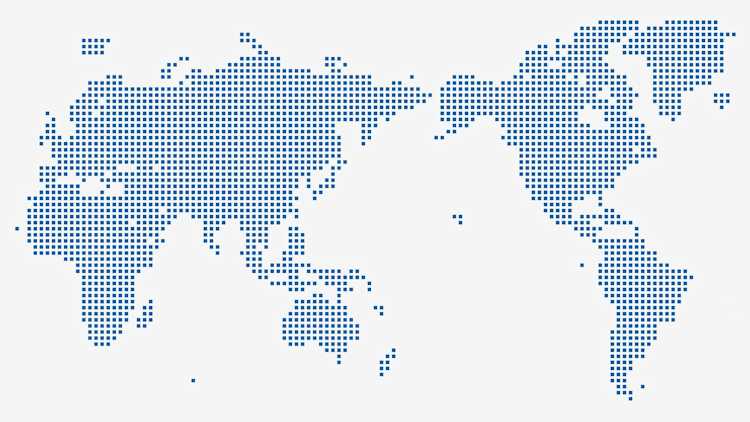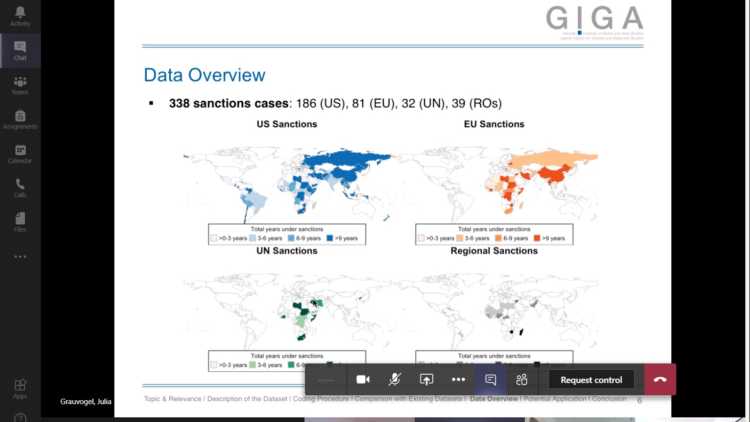- Home
- Research & Transfer
- Research Projects
- Justifying Repression in Authoritarian Regimes of the Arab World: Official Framing and Target Audiences
Justifying Repression in Authoritarian Regimes of the Arab World: Official Framing and Target Audiences
This project offers a new perspective on how repression can sustain authoritarianism. It focuses on Tunesia and Morocco – two countries with divergent trajectories during the Arab uprisings. Bridging framing and autocracy research, the project develops a new concept of justifications of repression. It shows how their application in different branches of government differs, why certain types of justifications are chosen, and what effect they have.
DFG, 2019-2024
Team
Head
Research Questions
Why were certain justifications chosen in the repression of Arab uprising protests?
Contribution to International Research
This project offers a dynamic perspective on how repression can sustain authoritarianism. Its major innovation is the conceptualization of a novel framework of justifications of repression in authoritarian regimes. It studies various types of justifications of repression, their application in different branches of government, why they are chosen, and what effect they have. The project not only considers repressive acts by the executive, but also includes repression by the legislative and in jurisdiction, going beyond conventional research. The Arab uprisings will be a focal point for analyzing the justifications in the repression of protests in Morocco and Tunisia, adding to the burgeoning Arab Spring literature. The project findings will also contribute to protest and repression research as well as to literature on political communication. Research on comparative authoritarianism will benefit from the framing approach, but mostly from the innovative focus on target audiences of justification.
Research Design and Methods
A qualitative approach is appropriate for uncovering working mechanisms of the processes leading to certain justifications. As no ready-made theories are at hand for analyzing this novel topic, the project will proceed in an exploratory manner to develop causal explanations in a plausibility probe.
Multiple methods such as content analysis of legal documents, framing analysis of media reports, and process tracing will help investigate different research objectives. Sources will include archival documents, news reports, and qualitative semi-structured interviews with relevant actors. A mapping of justifications of repression between 2001 and 2010 serves as the baseline for diachronic within-case comparison of how the policing of Arab uprisings protests was justified. Process tracing will shed light on the rationale for certain justifications as well on their reception by analyzing framing and counterframing. Besides repressive acts by the executive, also the justification of anti-terror legislation as a legislative tool of repression will be considered. In addition, justifications brought forward in court trials will illuminate the judiciary’s role in repression.
Preliminary Findings
In spite of the claim that only democracies care about legitimacy, this project demonstrates that autocrats seek to legitimize themselves and even their violent actions, at least towards some parts of their populations and external observers. Political communication plays an important role even in autocracies. Autocrats have various options at their disposal when considering how they want to communicate certain acts of repression, ranging from silence, denial and diversion to justification. However, some repressive events are so visible that autocratic officials are forced to communicate about them in some way. One recurrent element of framing anti-regime protesters is to accuse them of being criminals and terrorists. Considering the target audiences of such justifications, both internal and external, is essential for understanding communicative acts. Investigating which autocratic actors choose which justifications when facing various types of challenges helps us paint a more holistic picture of repression and the ways in which it can sustain autocratic rule.














